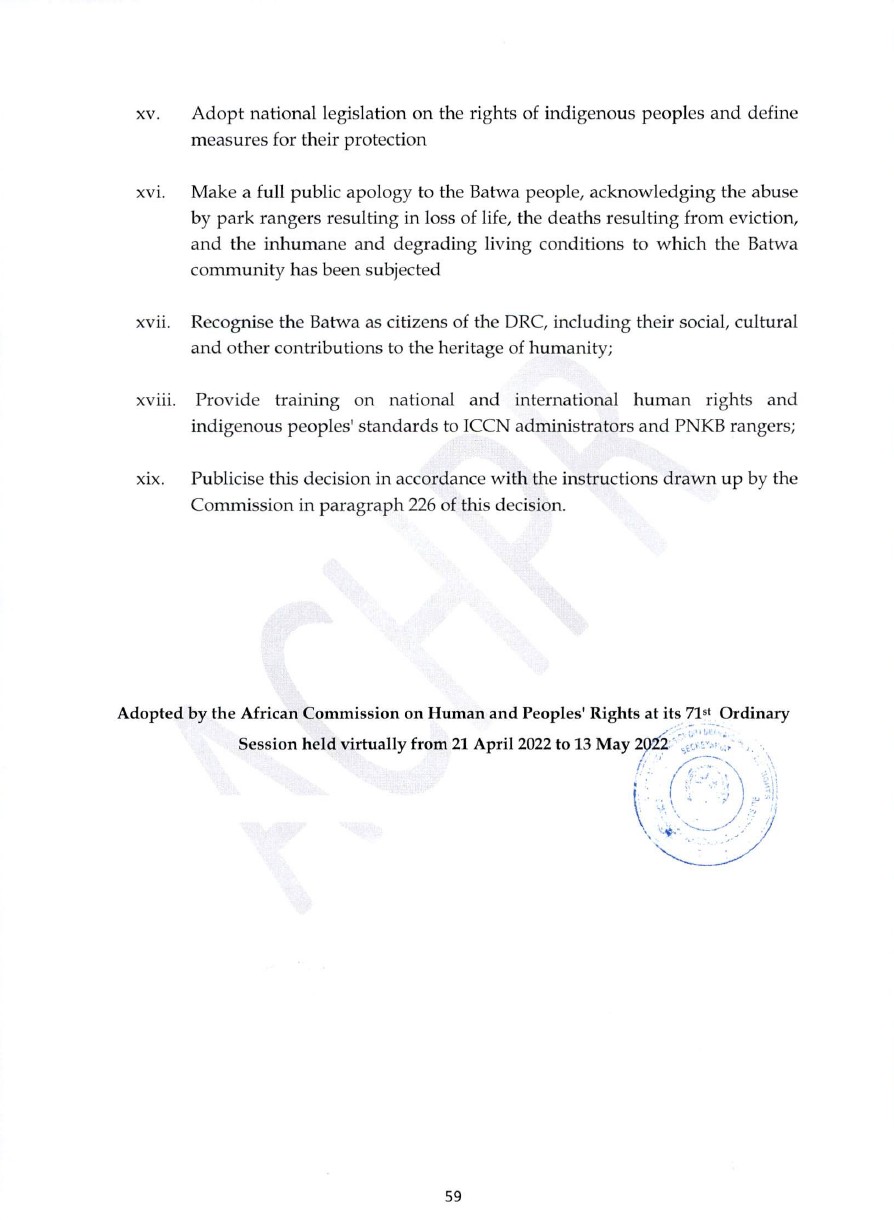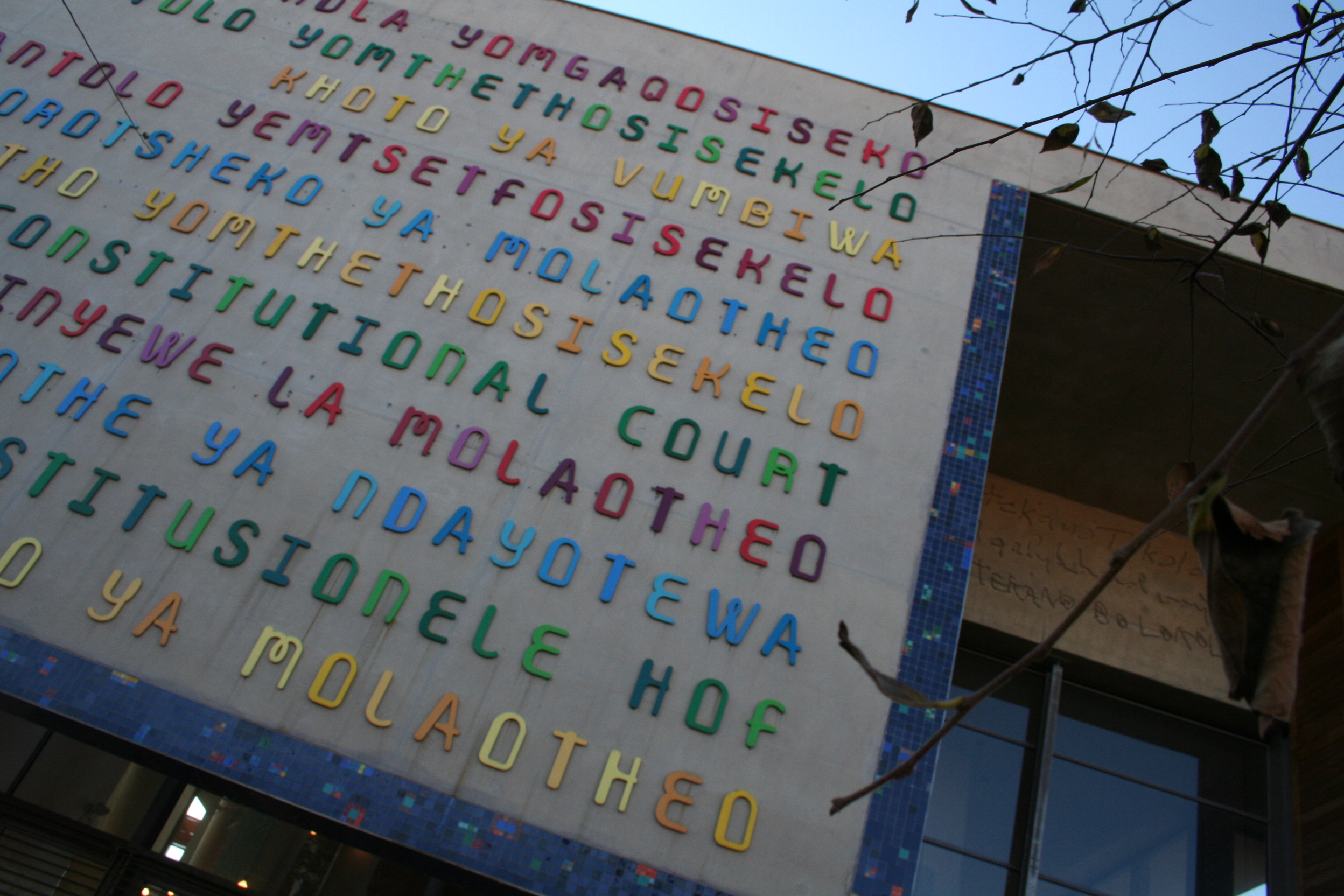Summary
Facts of the Case and Procedural History:
Environmental protection non-profit Verein KlimaSeniorinnen Schweiz and four of its members, sued the State of Switzerland under Article 34 of the European Convention for the Protection of Human Rights Fundamental Freedoms (“Convention”). The non-profit and its members — all of whom are Swiss women in their seventies or older — claim that the Swiss government reneged on its positive obligation to mitigate the effects of greenhouse gas (GHG) emissions. All four women allege that they experienced adverse health effects related to repeated heatwaves in Switzerland, which exacerbated cardiovascular issues, asthma, pulmonary disease, and more. They also claim this severely impacted their ability to participate in Swiss society, forcing them to stay home.
The applicants allege that Switzerland’s failure to pass sufficiently effective, binding legislation to help blunt expected global temperature increases caused by GHG emissions violated their rights under the Convention, specifically Articles 2, 6, 8, and 13, regarding the rights to life, access to court, respect for private and family life, and an effective remedy, respectively. They claim that Switzerland’s legislative omissions resulted in the heat waves that caused the alleged harm, due in part to older women’s increased susceptibility to such harm.
The applicants initially sued in the domestic Swiss court system and were repeatedly dismissed across multiple appeals that culminated at the Federal Supreme Court of Switzerland. There, the Court upheld the dismissal the applicant’s complaint, holding that the suit was actio popularis, or for the protection of “the general interest” instead of individual interests. Actiones popularis suits are not permissible in Switzerland, nor in the EU generally. The applicants then turned to the European Court of Human Rights, seeking recourse under the Convention.
Legal Schema:
The Grand Chamber of the European Court of Human Rights took on the task of determining whether the applicants had a right to sue Switzerland for omissions related to Switzerland’s climate change obligations under Articles 2 and 8 of the Convention. As the Court had not yet considered whether general harms related to climate change were litigable, it was required to answer a number of novel legal questions, including:
- How an individual may claim Article 34 “victim status” in general climate-change litigation;
- How an association may establish locus standi (standing) in climate-change litigation as a representative of a class of individuals (and overcome a claim that the case is actio popularis); and
- What an individual or organization must establish in a complaint to demonstrate right to sue under Articles 2 and 8, specifically, of the Convention based on climate-change-related harms.
Victim Status:
Article 34 of the Convention requires that any individual, group of individuals, or non-governmental organization must be a “victim of a violation… of the rights set forth in the Convention or the Protocols thereto.” The Court held that, for an individual to claim victim status under this provision from climate-change-related harms, that individual must first show a “high intensity of exposure to the adverse of climate change.” In other words, the risk associated with the government’s act or omission must be “significant.” The individual must also demonstrate “a pressing need to ensure the applicant’s individual protection,” as other “reasonable measures to reduce harm” are absent or inadequate.
Locus Standi for Associations:
The Court held that, in order for an association to establish standing to file an Article 34 complaint in climate-change litigation, the association must be “lawfully established” or “have standing to act” in the particular jurisdiction, demonstrate a “dedicated purpose in accordance with its statutory objectives” arising from climate change, and be “genuinely qualified and representative” to combat the adverse effects of climate change on behalf of its members. Establishing standing requires an individualized determination in each individual case, with attention paid to the association’s non-profit character, purpose, membership, and governance, and the Court’s interest in the “proper administration of justice.”
Articles 2 and 8:
Lastly, the Court held that the test to establish whether an applicant has the right to sue under Articles 2 and 8 was identical to the newly established victim status and association locus standi tests.
Applying the Tests:
The Court dismissed the four individual applicants’ claims under Article 8 on the basis that the harm experienced did not reach the “high intensity of exposure” standard. This meant that the individual applicants could only claim victim status unless they demonstrated “exceptional circumstances” to necessitate establishing “potential victim status” relating to “future risk.” As they failed to do this, their claims were dismissed.
However, the Court held that the applicant association did sufficiently state grounds for establishing locus standi, as it was a legally established Swiss non-profit whose purpose was reducing GHG emissions on behalf of its Swiss membership of 2,000 older Swiss women, who had greater risk of harm arising from climate change. A key consideration for the Court was that, because the individual applicants had no access to the Swiss court system, it was “in the interests of the proper administration of justice to grant standing.”
The Remaining Article 2 and 8 Claims:
The Court unanimously dismissed all claims arising from Article 2 of the Convention, holding that the harm alleged did not reach the standard of “real and imminent risk” required for such claims. That left only one remaining question: whether the applicant association had a claim under Article 8. States like Switzerland are allowed a wide margin of appreciation as to whether they have complied with their positive duties to protect the environment. If their actions fall within that margin, applicants have no right to sue.
However, the Court held that Switzerland had failed to comply with their positive obligations to protect the environment. Switzerland was required by their domestic 2011 CO2 Act to reduce GHG emission levels by 20% compared to 1990 levels, yet Switzerland had only reduced those levels by 11%. Efforts to modify that Act were met with a rejected referendum in 2021, and the 2022 Climate Act that succeeded the referendum had no bite, only requiring a “commitment to adopt the concrete measures ‘in good time.’” The Court opined that these inactions fell outside the “margin of appreciation” allotted to Switzerland, and constituted violations of Article 8.
The Article 6 Claim:
The Court also found a violation of Article 6, which pertains to whether the applicants had access to an “effective judicial remedy” — essentially, the right to a fair trial. To allege an Article 6 violation, an applicant must prove that they were denied access to a domestic court arising from a genuine and serious dispute as to a violation of their civil rights. In the context of climate change litigation, the outcome of the domestic court proceedings “must be ‘directly decisive’ for the applicant’s right.”
The Court held that the repeated judicial dismissals in domestic Swiss courts on standing grounds — from an administrative authority all the way to the Federal Supreme Court — were done arbitrarily and without effective analysis on the merits of the applicants’ claims. Swiss courts dismissed those claims as actio popularis even though the applicant association had sufficiently alleged specific civil rights violations of its members. This was deemed a violation of the applicant association’s Article 6 rights.


